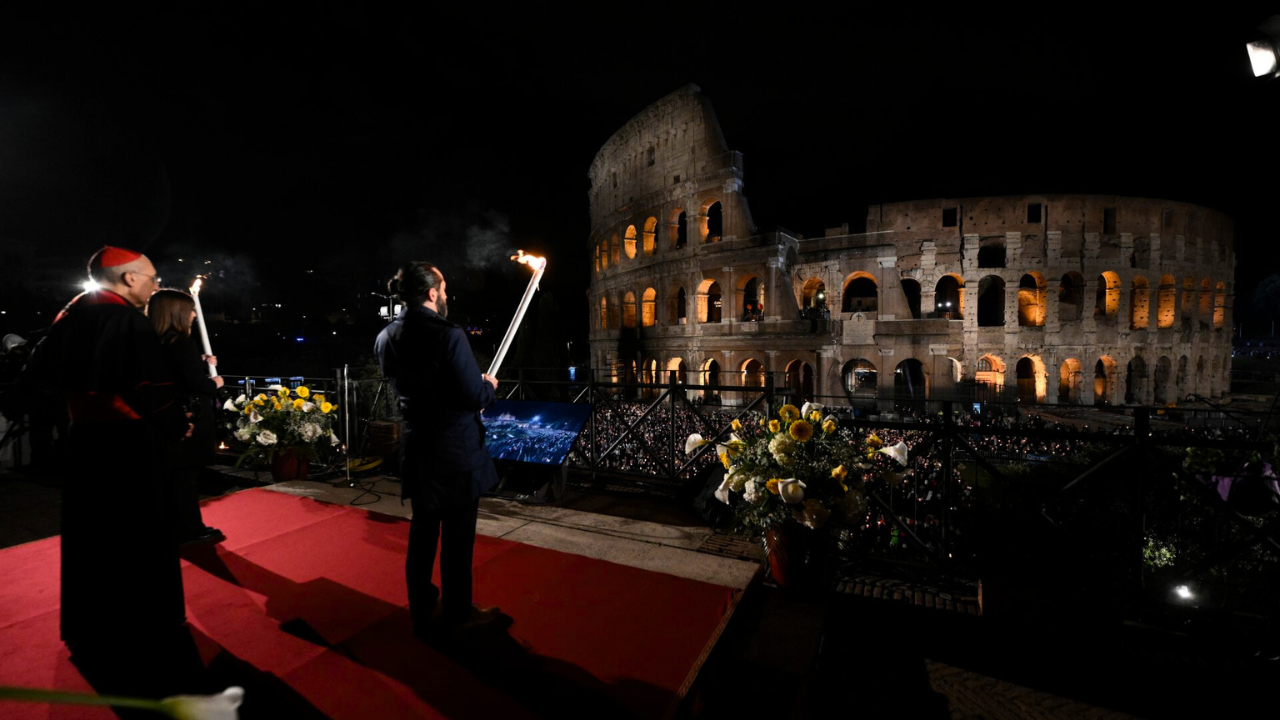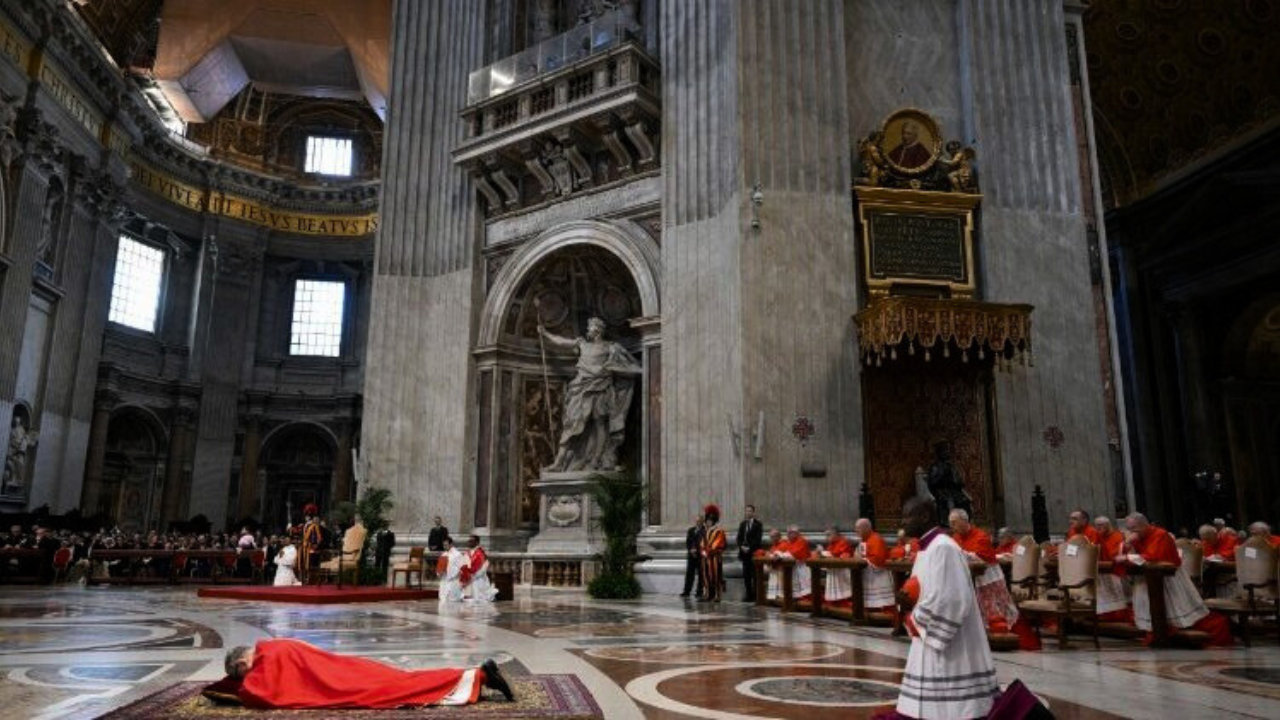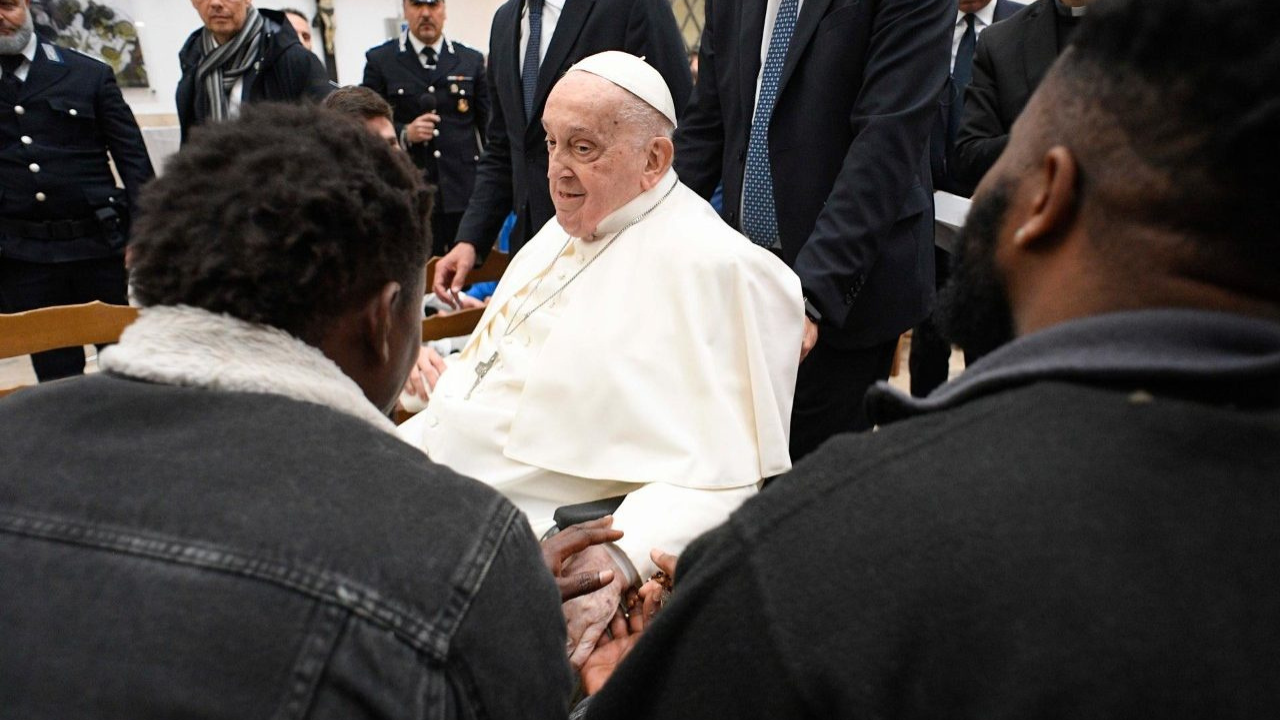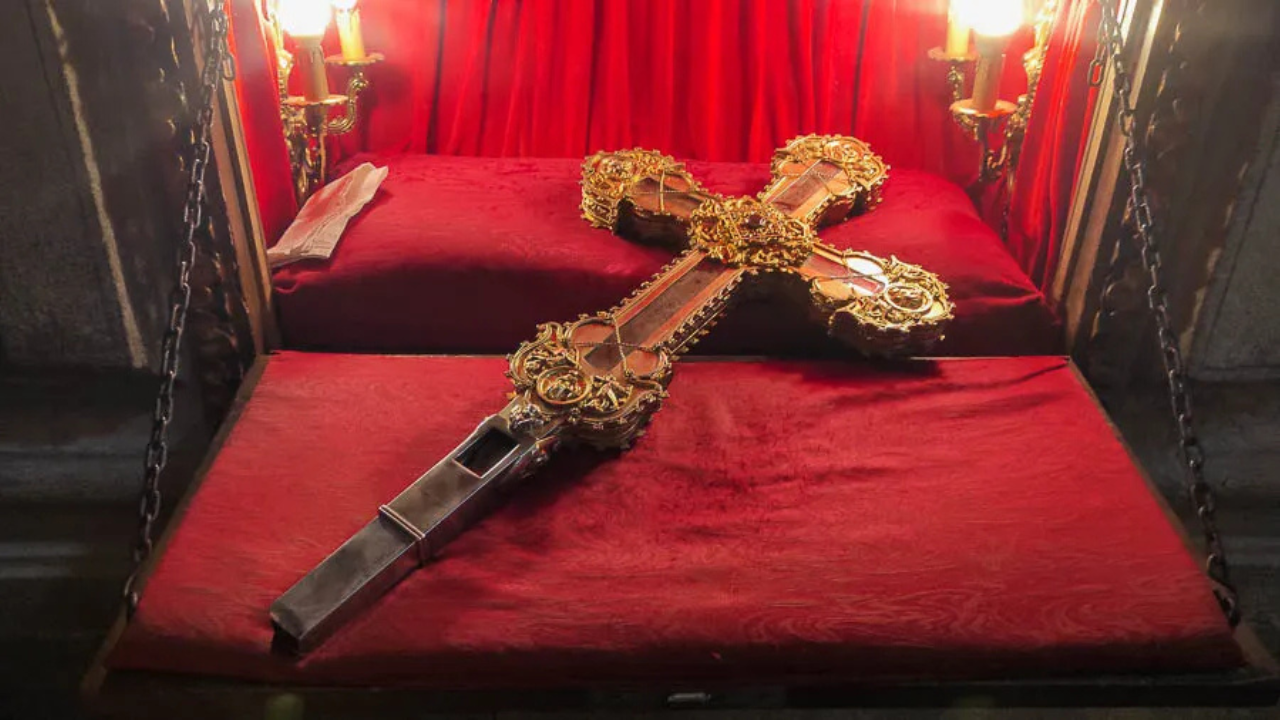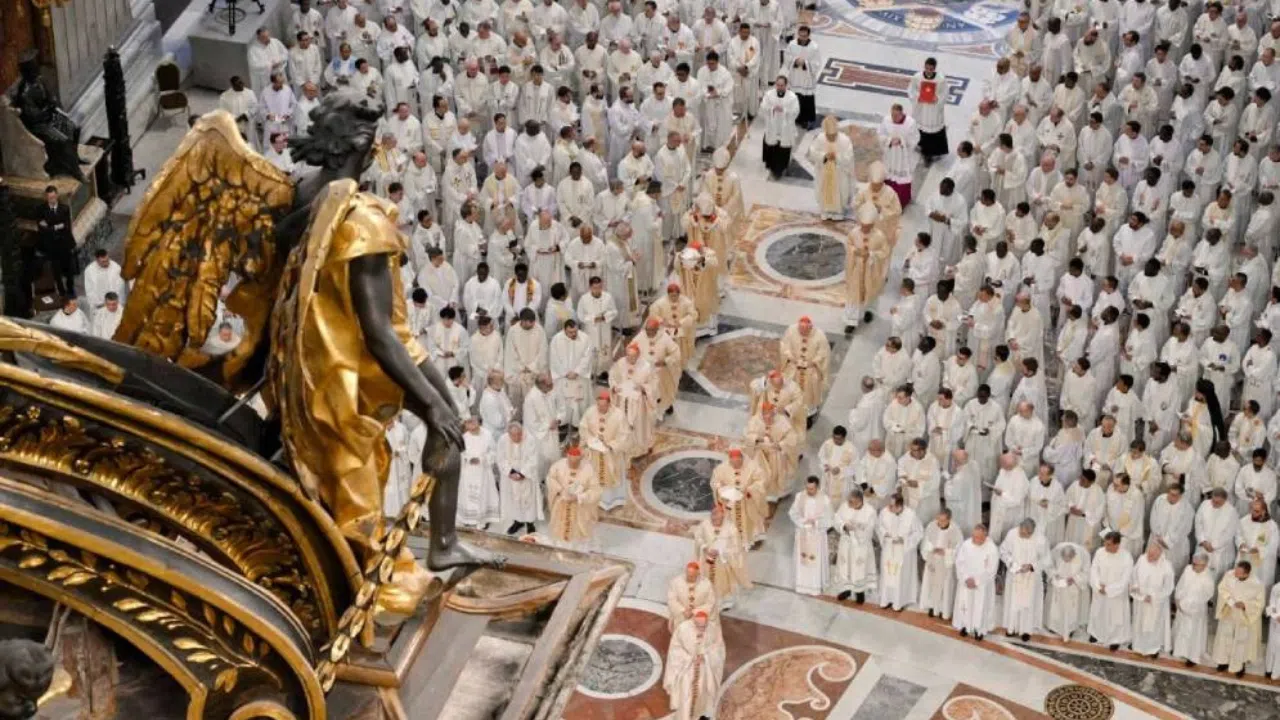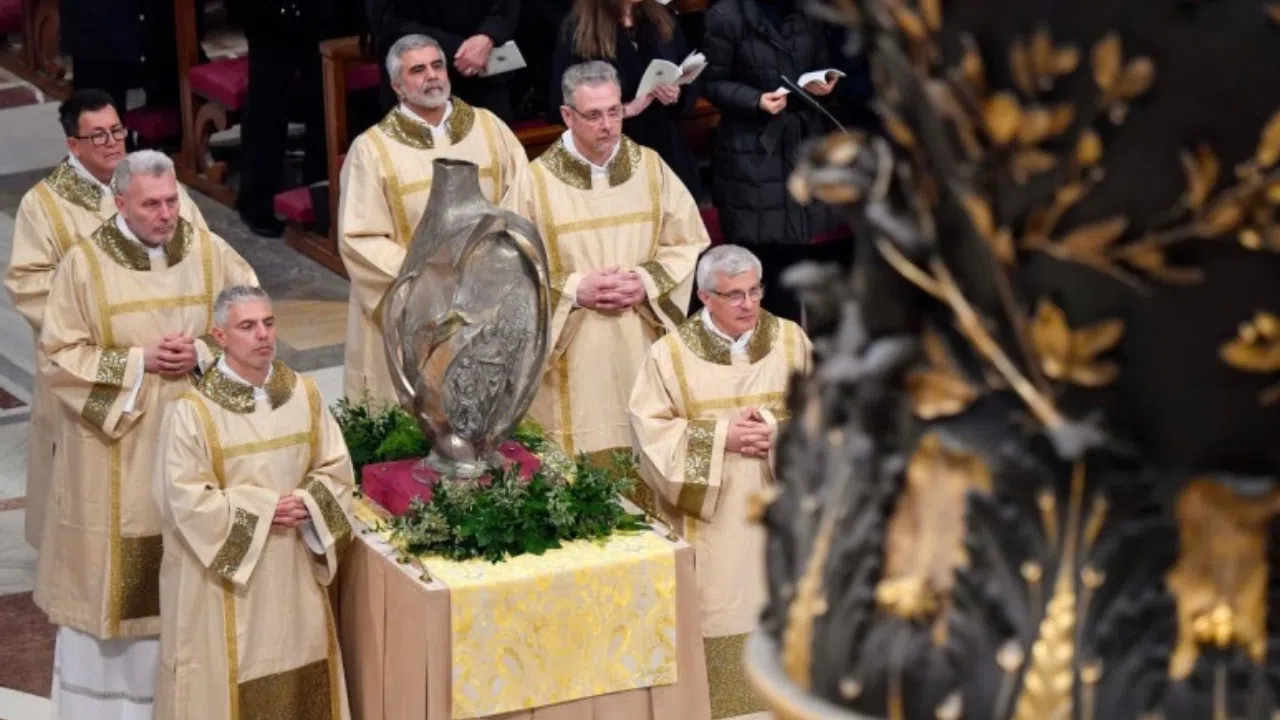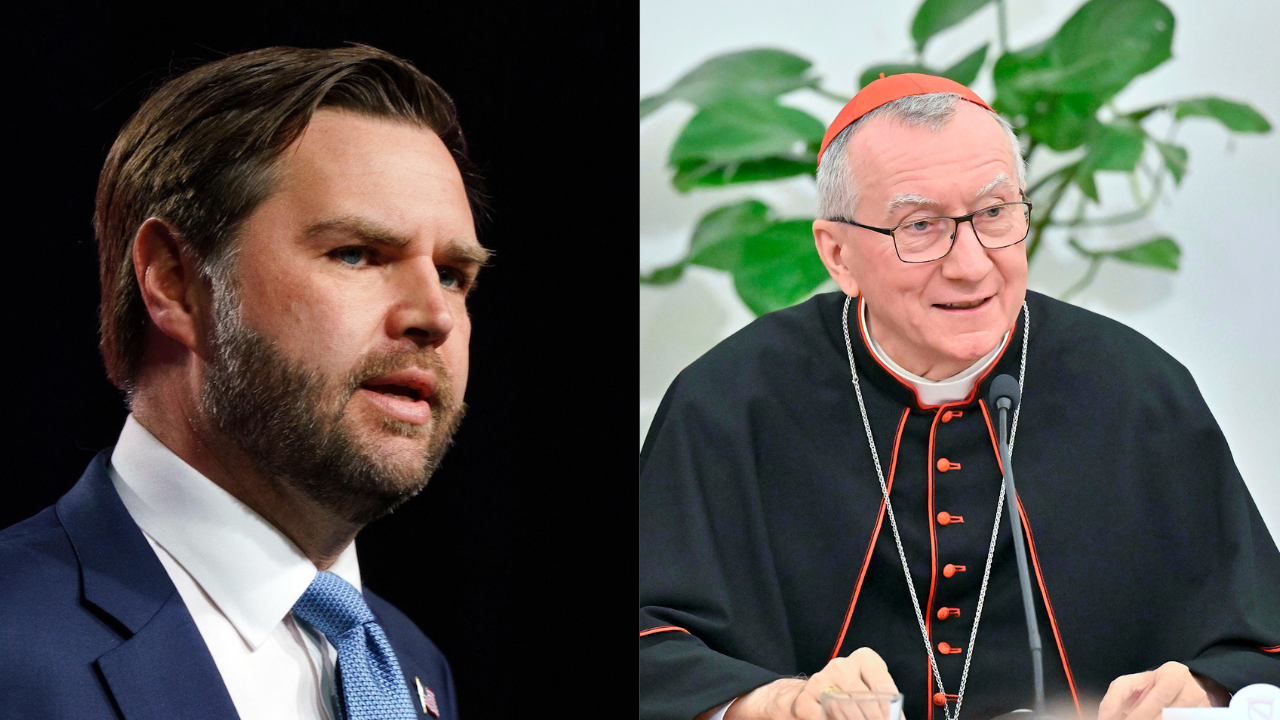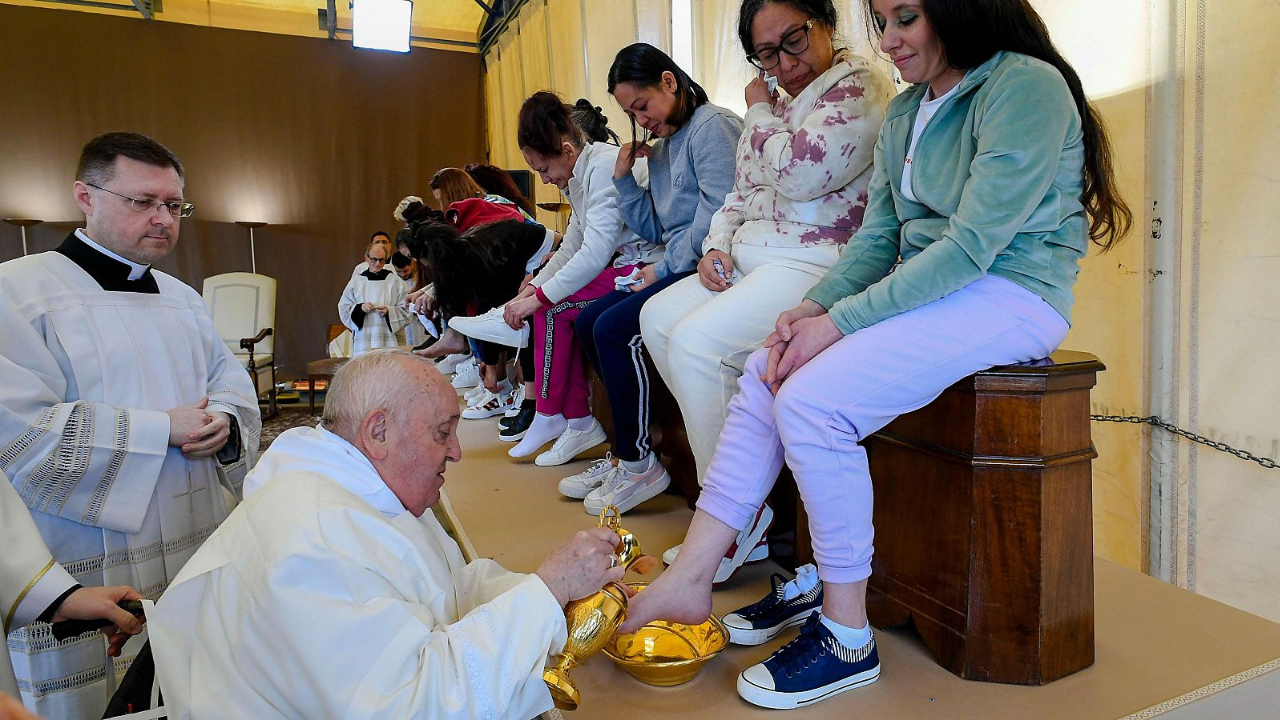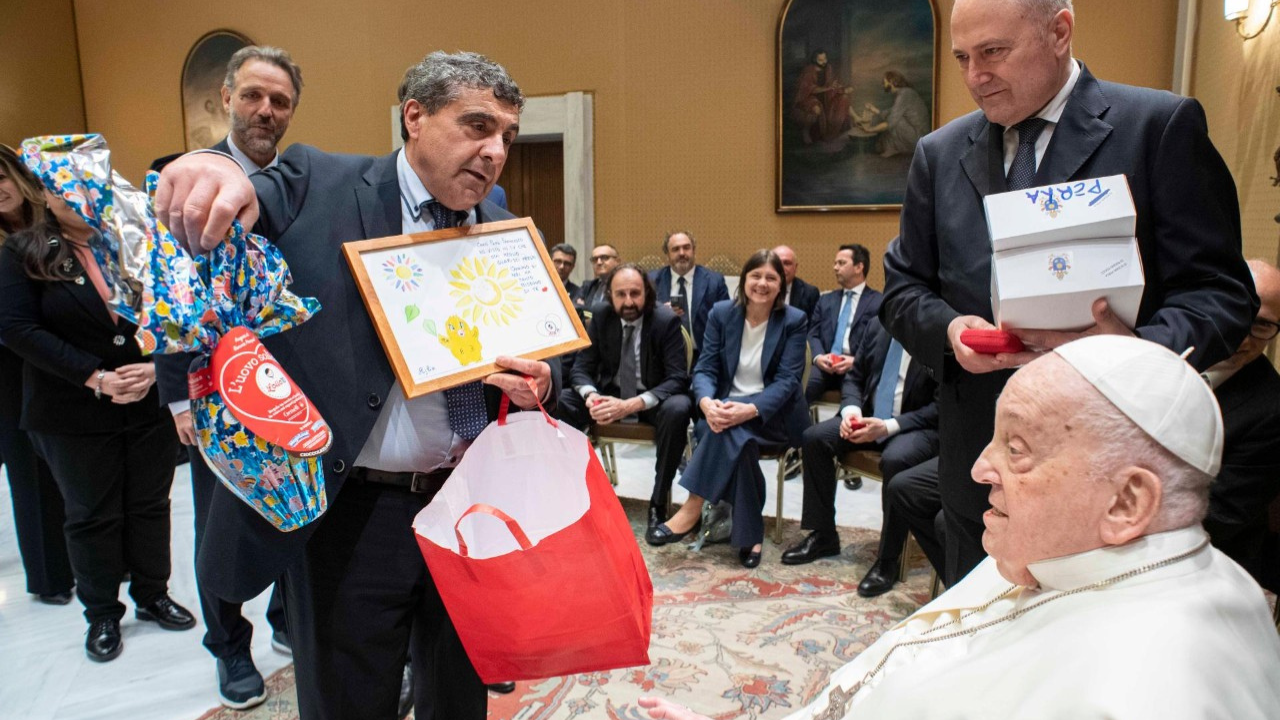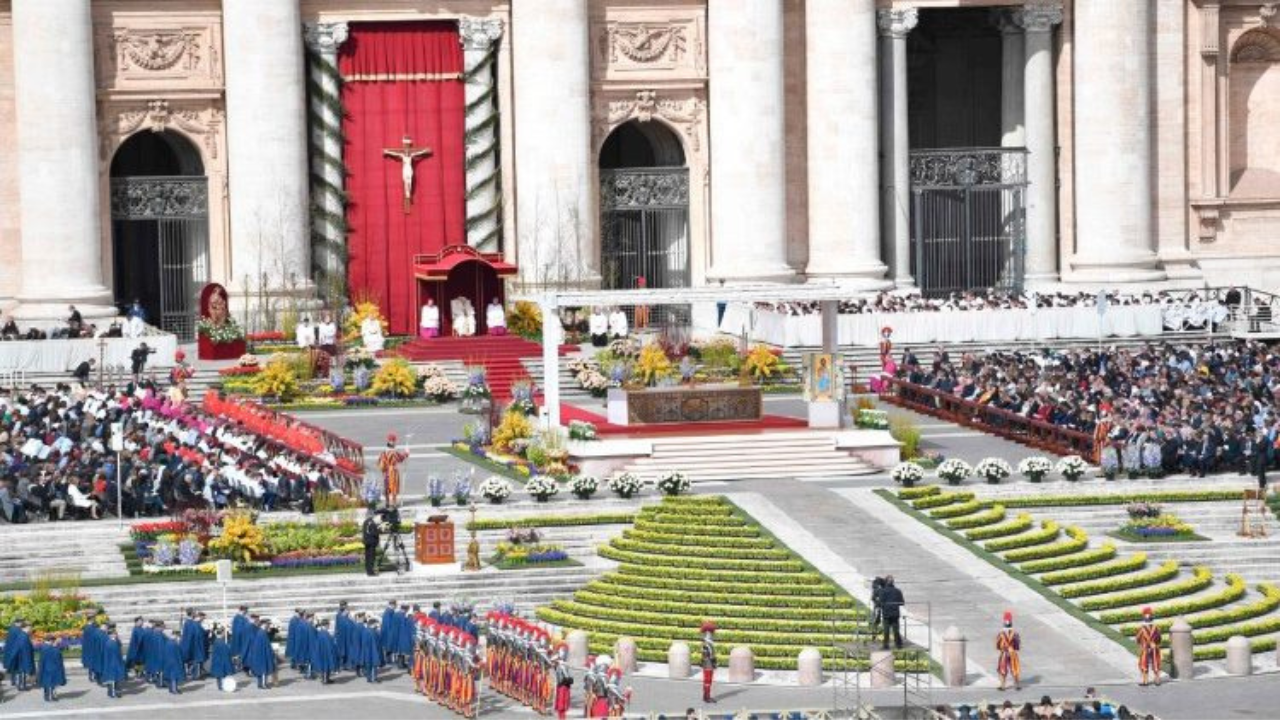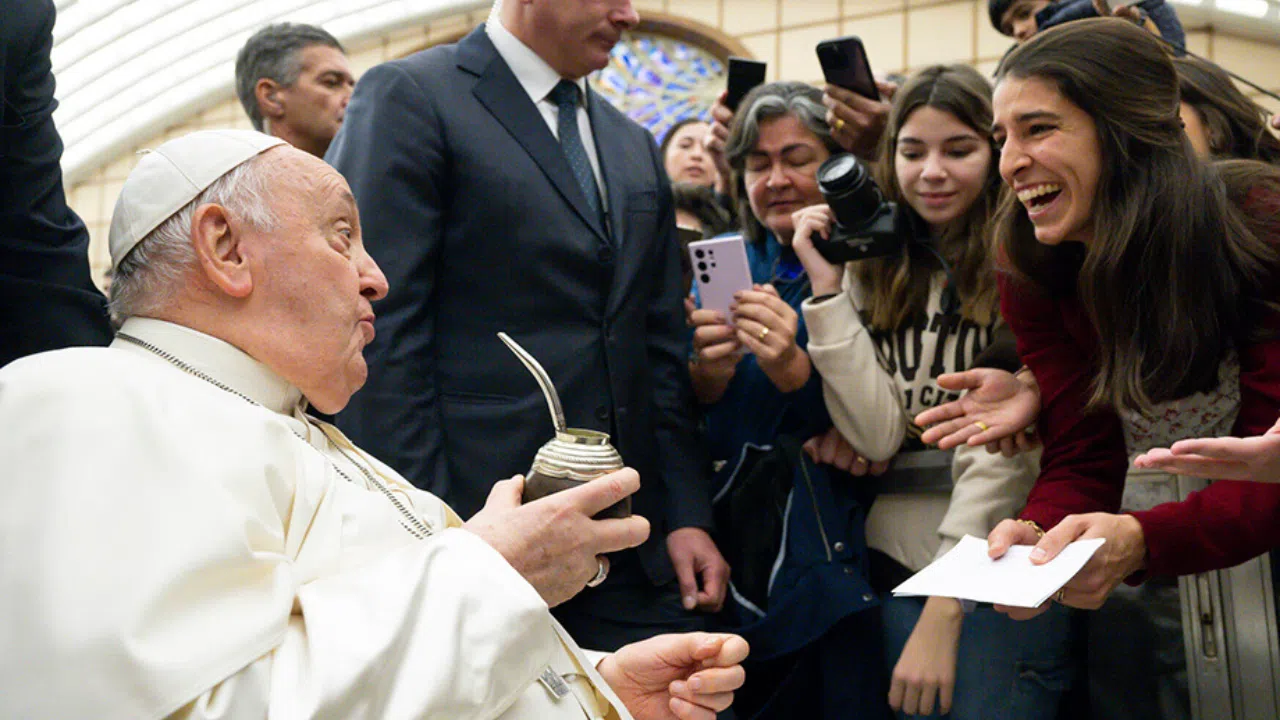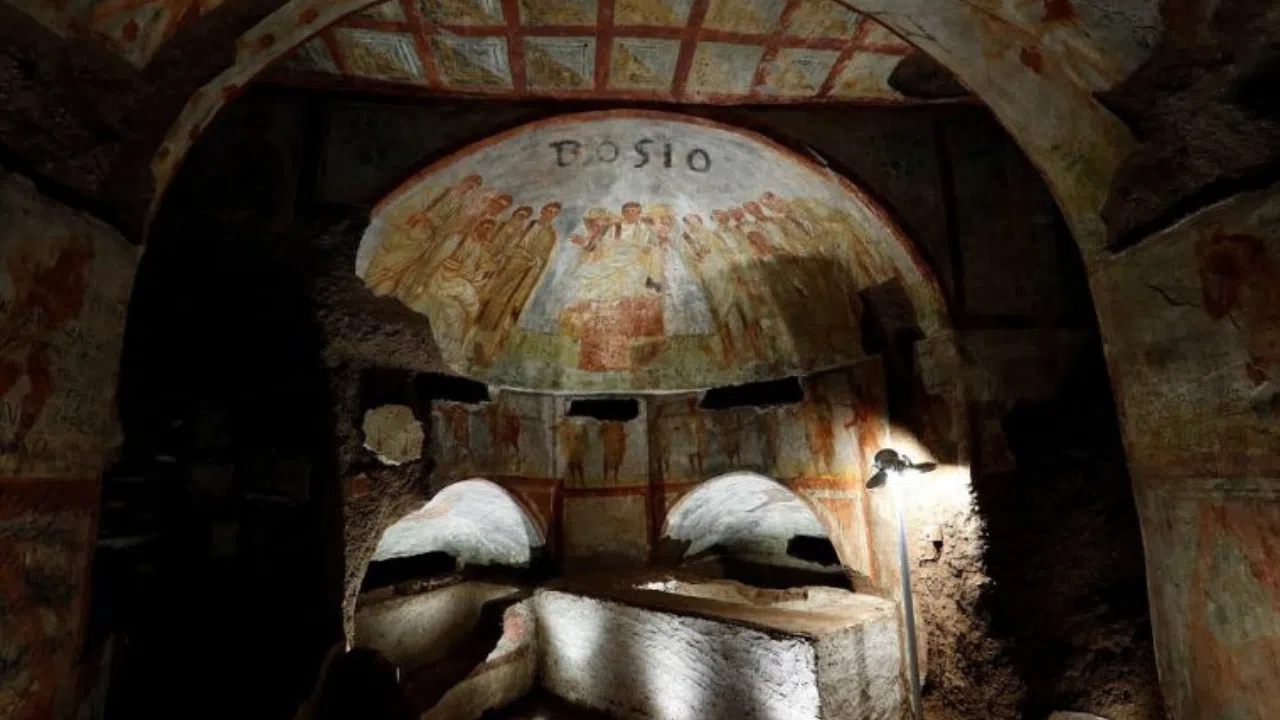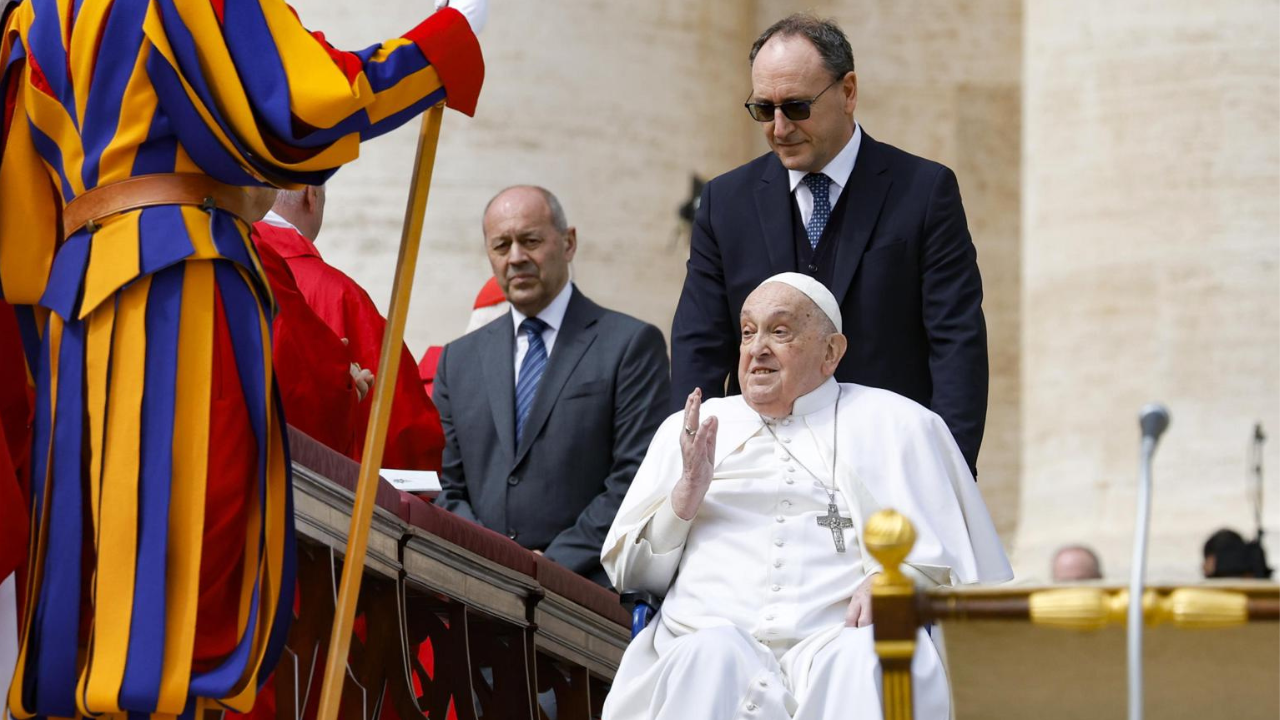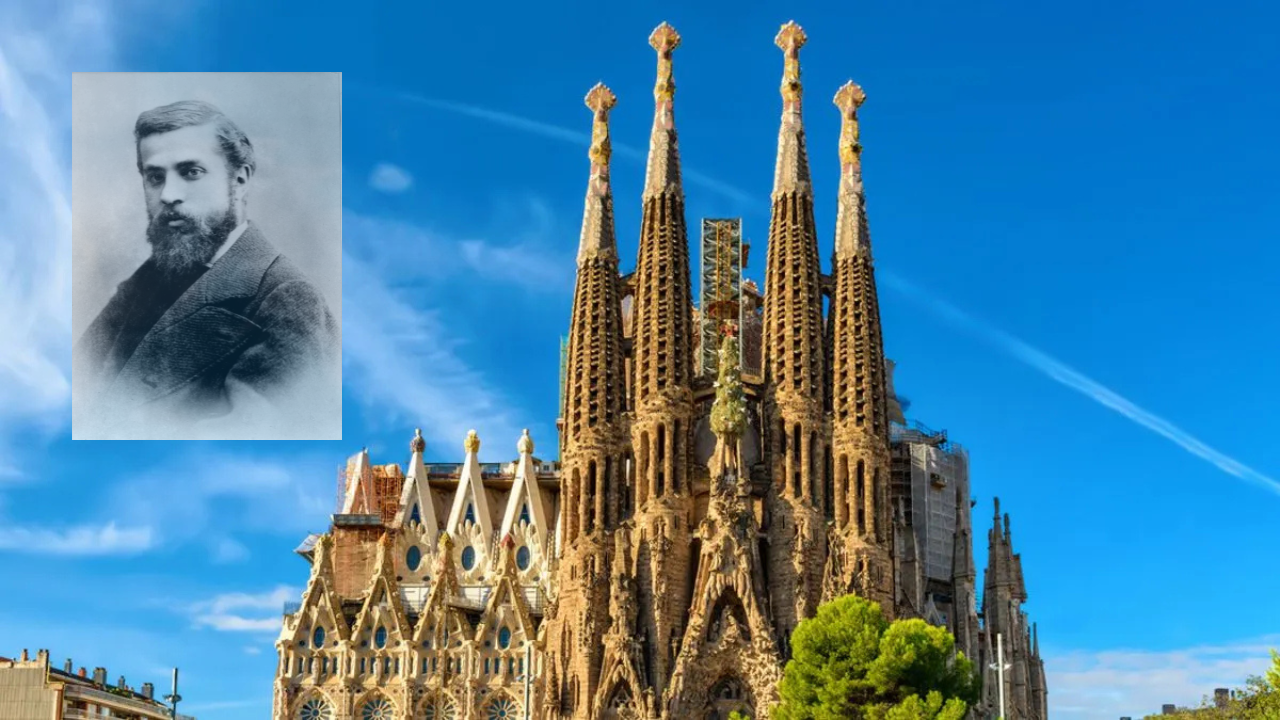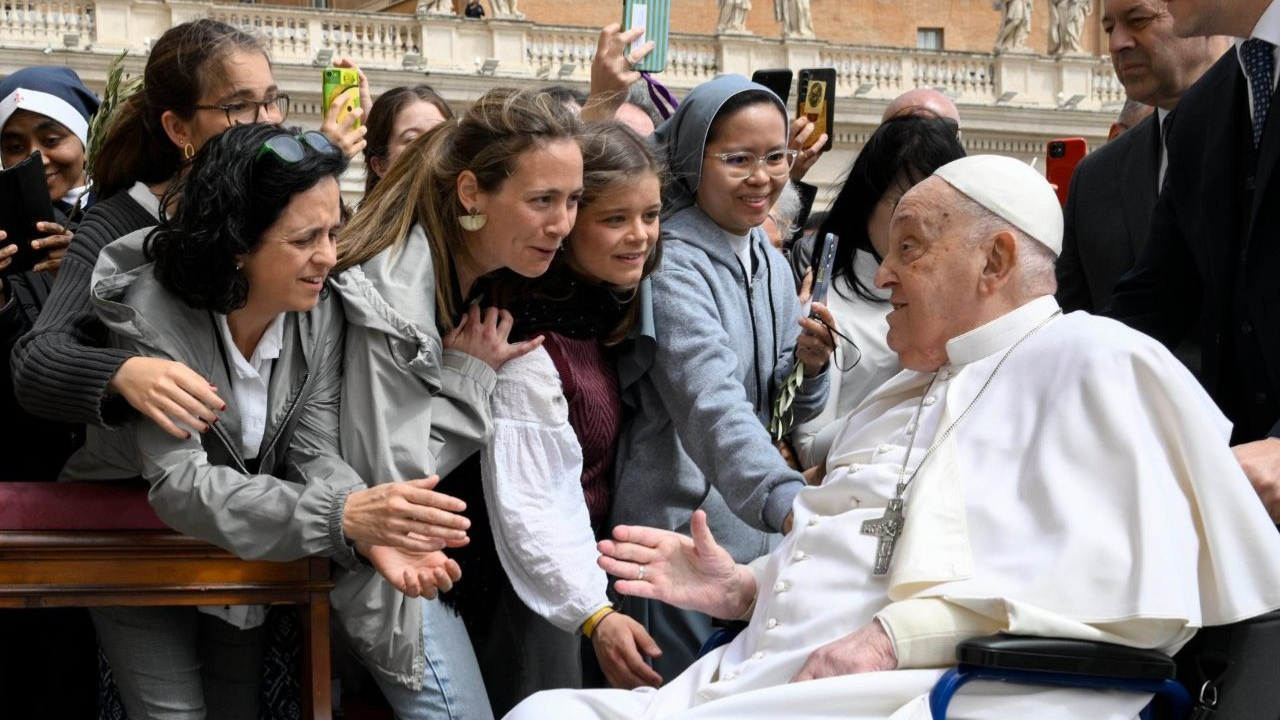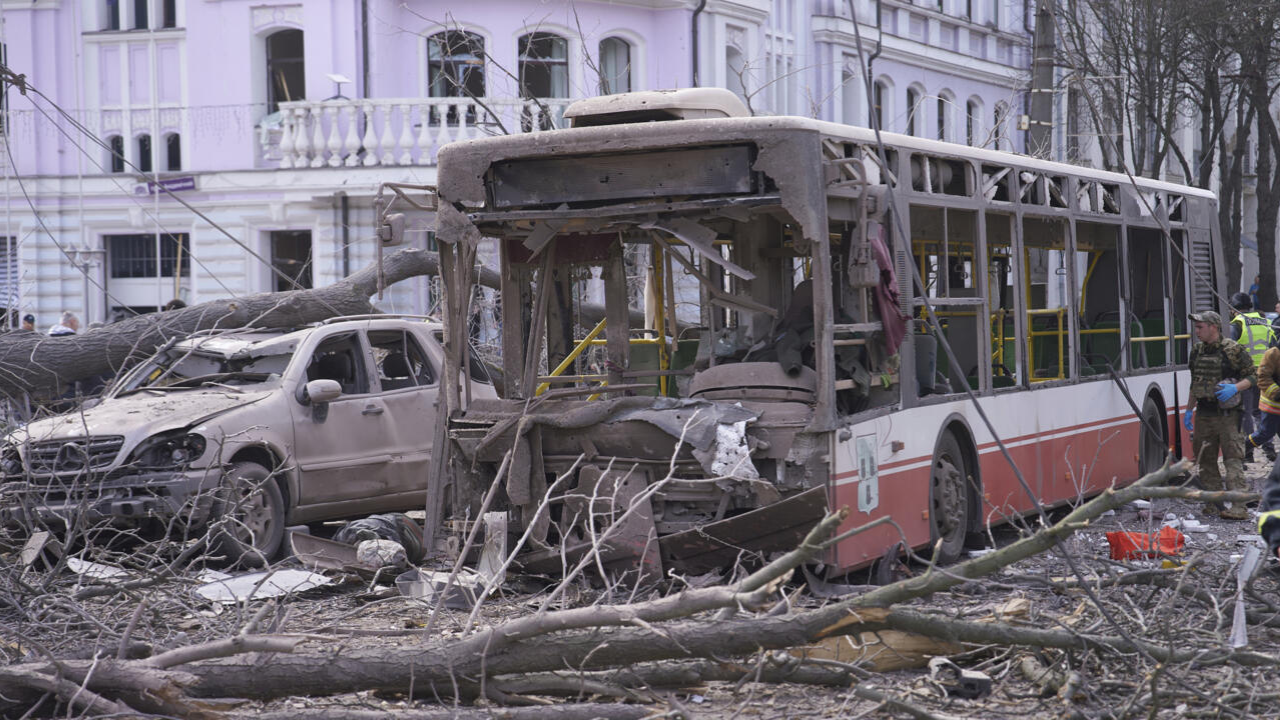The last time Catholics and Orthodox celebrated Easter together was in 1054. That year was marked by the schism that split the Church in two: East and West.
FR. PHILIP GOYRET
Pontifical University of the Holy Cross
In order to settle this dispute, Rome sent a person who was not very diplomatic and, failing to reach an agreement with the Patriarch of Byzantium, he excommunicated Rome's representative.
Then the Patriarch of Constantinople assembled the synod and in turn excommunicated the Bishop of Rome.
From then on, the Orthodox ceased to recognize the authority of the pope. This is one of the problems that has persisted to this day and complicates ecumenism.
CARD. KURT KOCH
Prefect, Dicastery for Promoting Christian Unity
The ecumenism of truth is the theological analysis of the obstacles still present in those relationships. However, a dialogue of truth can't exist without a dialogue of charity.
But in spite of these theological differences, efforts have continued to strengthen the bonds between the two churches. Pope Paul VI already raised the possibility of celebrating Easter together—an idea Pope Francis reiterated in 2015.
POPE FRANCIS
June 12, 2015
The Catholic Church has been willing, since Blessed Paul VI, to forego the first solstice after the full moon of March for a fixed date.
For Catholics, the historical date of Easter is not as important as the event being celebrated. For example, Christmas is every year on December 25, although the exact day and month in which Jesus was born is not known.
FRANCESCO VOLTAGGIO
Director, Domus Betania, Holy Land
What must be understood is that the date is not historical. It is a clearly theological date. The historic date is not that important for us. The historicity is very important for Christianity but not the liturgical date.
Reaching an agreement between the Orthodox and Catholics is difficult but not impossible. There are three scenarios suggested to reach a joint celebration of Easter.
SCENARIO 1: CATHOLICS ADAPT TO THE ORTHODOX
Catholics follow the Gregorian calendar, so Easter always falls in spring, in March or April. But the Orthodox follow the Julian calendar. This means over time, the day is pushed back.
FRANCESCO VOLTAGGIO
Director, Domus Betania, Holy Land
The problem is the date gets closer and closer to the summer and not in the spring. So, maybe in 200 years, there will be a problem.
SCENARIO 2: THE ORTHODOX ADAPT TO CATHOLICS
This second option would not be a shock to the Orthodox. On previous occasions, they already celebrated Easter following the Gregorian calendar.
FRANCESCO VOLTAGGIO
Director, Domus Betania, Holy Land
For us, the ideal way would be to convince the Orthodox to return to the Gregorian calendar because they have used it before. In the past, they celebrated Easter according to the Gregorian calendar.
Between 1584 and 1587, they used the Gregorian calendar. But this attempt not only failed but also caused divisions. The Orthodox called for a return to the Julian calendar. They wanted to distinguish themselves from Catholics—an argument which persists and is still valid today.
SCENARIO 3: ESTABLISH A COMMON DATE FOR CATHOLICS AND ORTHODOX
The last option is for both churches to establish a spring Sunday to celebrate Easter. This would completely disrupt the Catholic liturgical year: movable feasts would disappear completely. From that moment on, they would all become fixed dates from Ash Wednesday to Corpus Christi.
FRANCESCO VOLTAGGIO
Director, Domus Betania, Holy Land
For us, I think it's no problem to choose a fixed date. But for the Orthodox it's difficult also because they appoint the head of their church. They don't have a fixed authority, so it's difficult for them. And it would be difficult for them to accept to change the calendar.
This is different for Catholics who obey only the authority of the pope. On the other hand, there are 15 Orthodox churches, each with its own patriarch. If a common date were to be set, they would all have to agree.
These three scenarios are being strongly considered for the coming year. On April 20, 2025, by coincidence of calendars, Orthodox and Catholics will celebrate Easter on the same day.
It is a unique opportunity neither Pope Francis nor the leader of the most prominent Orthodox Church, that of Constantinople, want to miss.
Patriarch Bartholomew invited the Pope to travel to Nicaea to celebrate the 1,700th anniversary of that first ecumenical council, where the agreement on the Easter celebration was reached.
NIKOS TZOITIS
Advisor to the Ecumenical Patriarchate in Rome
Bartholomew proposed to hold it in Nicaea, in present-day Turkey. The ruins of the first ecumenical Synod are there. But it is a significant event, let's say, preparations have already begun, initiatives are underway, speeches are being prepared.
Should the trip to Turkey take place and with the Jubilee underway in Rome, 2025 will be a year full of opportunities for ecumenism. In the meantime, the question remains: will Catholics and Orthodox succeed in establishing a joint Easter date together?
CA/AM
TR: KG
